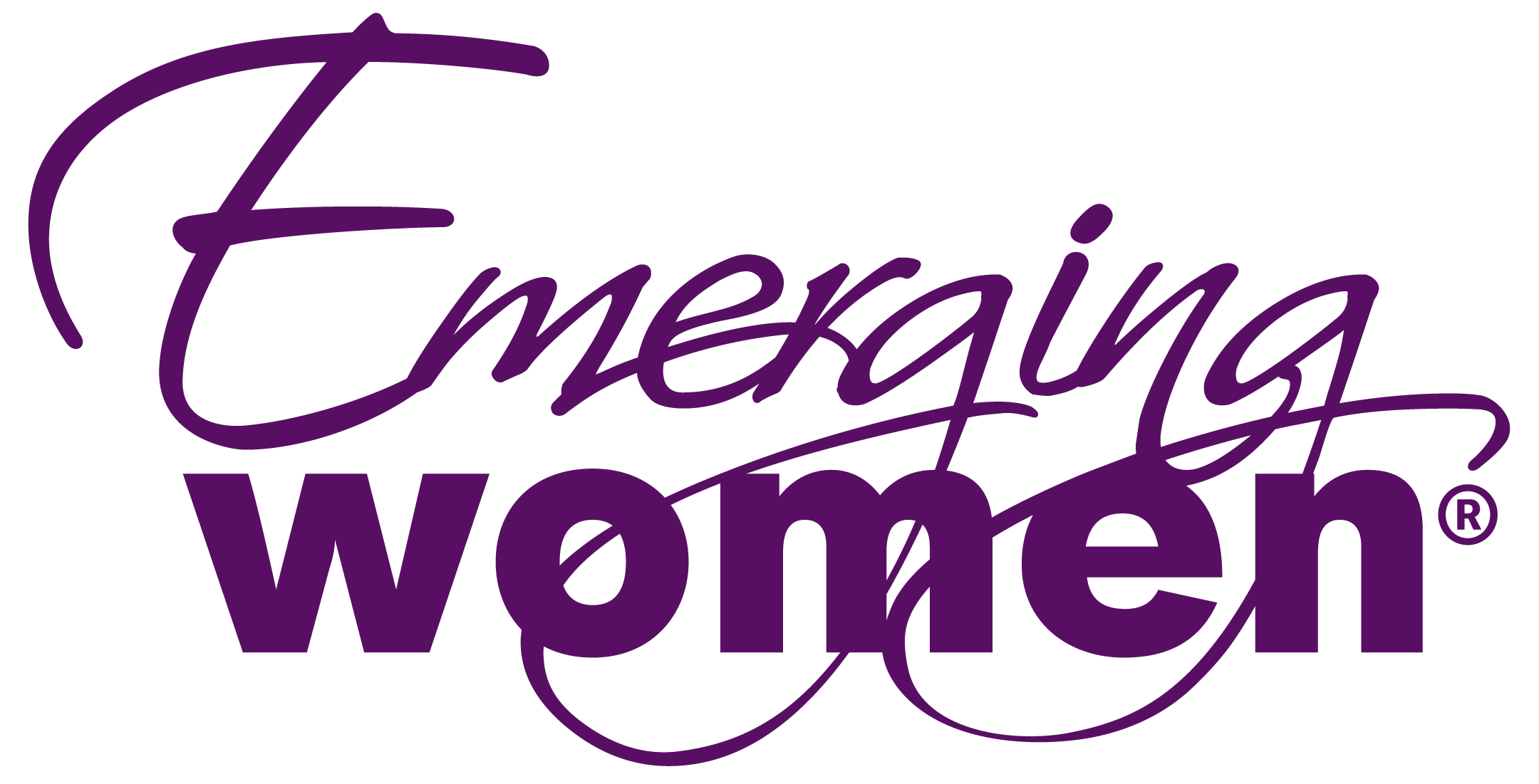When I was working in publishing, we had a name for the January publishing season: New Year, New You. We would publish books that focused on fresh starts for healing and change.
I am not against change — our evolution gives our lives meaning and direction — but I do object to this idea that we need to be better. Because doing so suggests that we are somehow inherently broken.
Countless times in my life, I have pulled at my imaginary blazer, straightened my spine, and fueled a new perspective with resolve and will, going to war with myself in the name of change.
I have willed myself to wake up at 5 a.m. for Crossfit classes, bit my tongue to combat my impulsive reactions with my spouse, resolved to juice every morning, journaled, set intentions, wrote my goals on cards, cut out sugar, and so much more in the name of being a better version of myself.
All of my undesired repetitive behaviors became public enemy no. 1 on my hit list for change.
But what was “change” exactly?
180 degrees from where I was. The opposite of what I was doing. An about-face. For so many years, change meant turning my back on pain, or that which I didn’t want, and moving toward a (perceived) more desirable state or circumstance.
But it was more than that. I wanted to feel more in control of how I was showing up and I wanted to feel 100 percent authentically whole.
Sounds reasonable, right? Don’t we all want to feel whole? Wait…what does that really mean, anyway?
World-renowned Swiss psychiatrist Carl Jung focused his life’s work on the personal quest for wholeness.
One of his most famous ideas was that wholeness comes from the conjunction of opposites.
In essence, he wasn’t interested in what the opposites have in common — he was interested in polarity and giving birth to a third entity: experience and perspective. A way of being that does not swing from one end to the other (nor is it a blend of the two opposing elements) but is an emergence of a totally new expression of ourselves, a unique presence that can only be birthed through the navigating of paradox in our lives.
What is wholeness?
What did Jung mean by wholeness?
He was referring to creating a more cohesive connection between our unconscious and our conscious awareness.
So we are not ruled by the unconscious, we have more harmony with the collective unconscious, and we become more creatively in control of how we express ourselves in the world.
In essence, so we’re less reactive and more creative.
Real change is achieved — not by solving problems — but through navigating the paradox in our lives, thereby giving rise to a new version of ourselves that continues to evolve, continues to emerge and reinvent itself.
The more we bravely face paradox as an opportunity for wholeness, the more real and lasting change we will bring about in ourselves – and the world!
Polarized either/or thinking narrows our focus and leaves little room for innovative and creative thinking.
The process of navigating paradoxes encourages a “yes, and” approach that recognizes the value of each side and also the possibility of what Jung refers to as the “third way” – and maybe even a fourth or fifth way! (Can you think of a few places in society that could use a little “third way” right now?)
Four Wholeness Half-Truths
Shifting our thought patterns and rewiring our processes isn’t easy.
We’ve been living in a matrix of either/or thinking for not only our own lives but through the collective consciousness and hardwiring of our ancestors.
Either/or paradoxical thinking isn’t all wrong, either. Most of the time it’s only partially wrong (or right). The good news is that all we need to do to escape these wholeness half-truths is to examine them — and put them through the process of exploration, reinvention, and curiosity.
Half-Truth #1: Wholeness Means Perfections
We become whole through the process of bringing awareness and self-compassion to the tensions of opposites in our lives.
I want to be present for my family but I also want to grow my business, which will take me away from my family.
Turning our attention toward these unconscious influences and how these influences drive our conscious decisions are what make us whole — not the “fixing” of them.
By simply getting curious about these tensions and learning how to understand how they live and express in our lives, we naturally give birth to a new perspective, a new relationship, a new feeling about ourselves — and the tensions.
Half-Truth #2: Trade-Offs Are Unavoidable
Wow, this is a big one. How many times have you heard the phrase, “You can have it all, just not at once”?
Trade-offs are another way of pitting opposite desires against one another, making us feel trapped and exhausted.
When we try to connect our conscious experience with our subconscious patterning and tendencies, we become incredibly creative. We start to recognize the limiting behaviors and beliefs that keep us from the power of creative choice. Only then can we fully start creating the life we want.
It takes practice. But through contemplating the seemingly opposite energies of a “trade-off,” more choices become available to us.
When we stop seeing situations as “either/or” tradeoffs, we open our eyes to new ways. Suddenly, the list of items on the menu is long. We’re not only ordering from just a seasonal tasting menu; we can ask the kitchen to make us anything we want.
We have more opportunities for a third or fourth or fifth way to emerge (or more!). We feel more like we are participating in our lives rather than being pushed and pulled by events or limitations.
It’s the search for the pot of gold that is the real reward — not the gold itself.
Half-Truth #3: Wholeness is a Mental Concept
Many of us are working hard for an improved experience this year. Both 2020 and 2021 didn’t live up to our expectations. So how can we make 2022 better? How can we “fix” this year before it takes off?
When we stop trying to “fix ourselves” and we lean into what is true for us in any given paradox, we get information in return.
We feel resonance and emotions. We hear things differently.
With more curiosity and attention to language, our intuition (or our “gut instincts”) provide more information about a situation than we could ever glean from critical thinking alone.
We don’t resolve paradoxes; we simply multiply our available choices and perspectives.
We develop a deeper understanding of what we want and how we can connect the subconscious with the conscious minds.
Wholeness is a mental concept — and it’s also a feeling of awareness.
Half-Truth #4: Wholeness Makes us Holy
Life will dish up many paradoxes in our lifetime.
We can expect to get better at navigating these tensions in our lives by having a better connection between our conscious awareness and our subconscious mind.
But if you emerge from one paradox with a new perspective, your work is far from done.
You don’t go to heaven, you don’t get a graduation degree, you don’t become “suddenly” enlightened (though maybe you do become more enlightened).
What you get are skills.
Probably the most important skill you can ask for in this life is the skill to find a way forward. No matter what the obstacle. No matter how many failures you’ve encountered. No matter what your past. The skill of optimism, resilience, and ultimate creativity.
The more we embrace paradoxes, the more tolerant we become of contrast in our lives.
Challenges become growth opportunities that will evolve us in ways we could not have imagined.
So let’s reframe our challenges as paradoxes. Let’s shift the focus from how we don’t measure up to increasing our choices. Let’s stop reaching for that “one true thing” and instead invite curiosity to take its place.
This is how we become whole in the only eyes that matter — our own.


